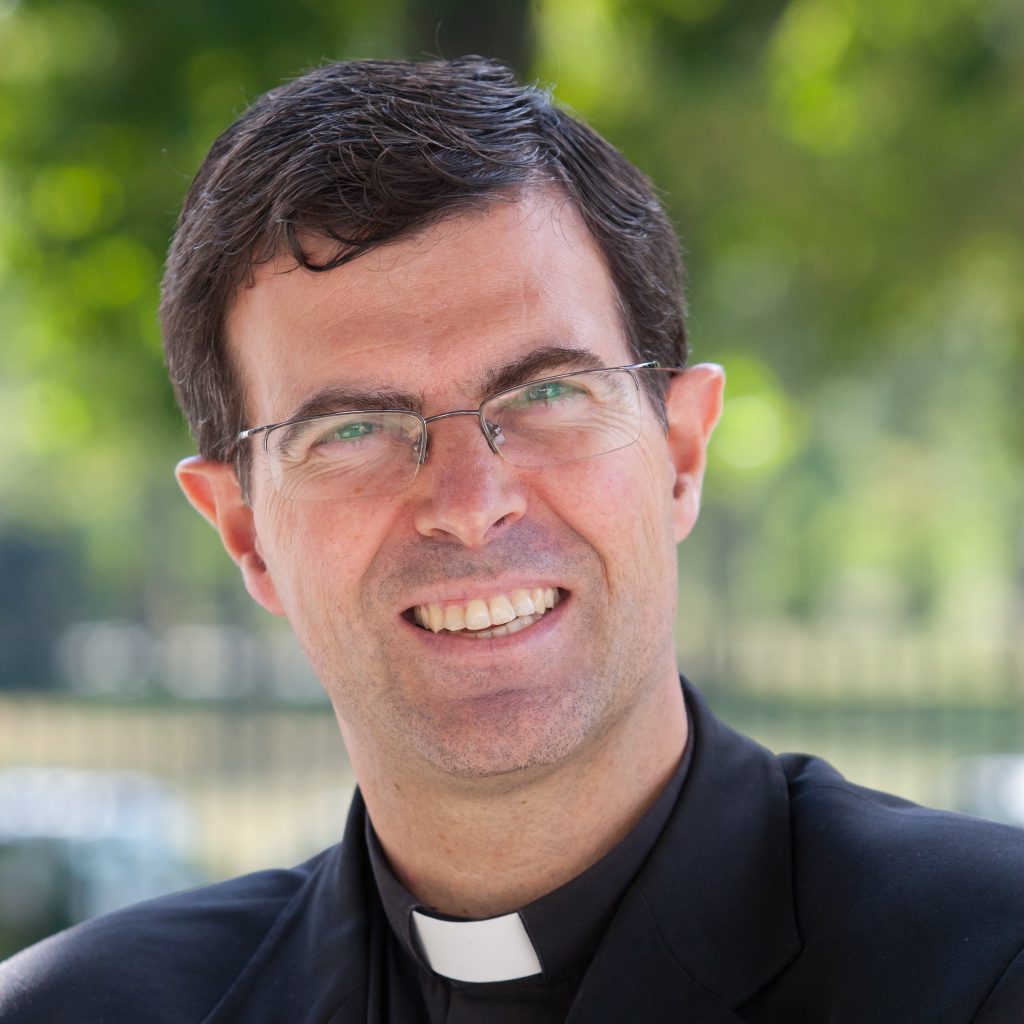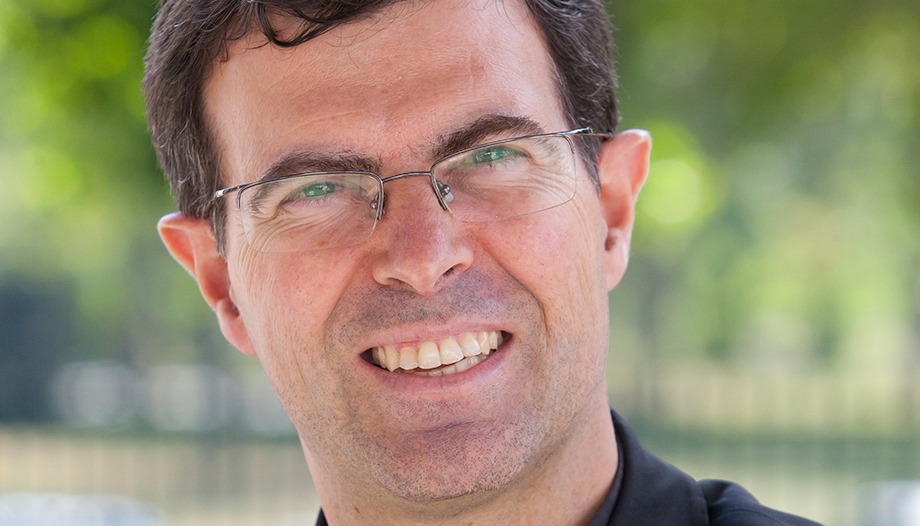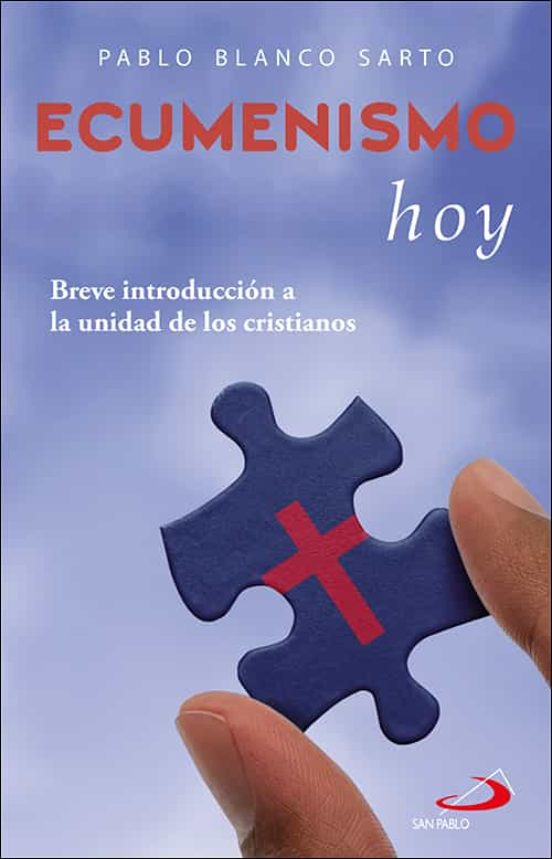– Supernatural Week of Prayer for Christian Unity has once again brought to the forefront the panorama of the different Christian confessions that exist in the world. Progress in ecumenism and relations with the Orthodox, Anglican and Protestant Churches has been remarkable in recent years.
Pablo Blancoprofessor of Dogmatic Theology at the University of Navarra and collaborator of Omnes, has compiled in his book "Ecumenism Today", an interesting synthesis of the current situation of this dialogue between the Catholic Church and the rest of the Christian confessions, the reality of these confessions as well as the advances towards unity that the Church has experienced, especially in the last decades.
Although Blanco does not hide the fact that "the union all at once, so to speak, is today a utopia", his bet is centered on announcing, with word and life, the full message of Jesus Christ, since he is the one who "conquers the minds and hearts of the people".
Each year, the Church celebrates not one day, but a Week for this Christian unity. How important is it or how can we highlight the timeliness of this intention?
-Yes, it is the Octave for Christian Unity. It used to be celebrated on the eve of Pentecost, to invoke the Spirit for unity.

Later on, the eight days preceding the feast of the Conversion of St. Paul were fixed in order to express that -without conversion, ours and that of other Christians- there is no unity.
The Second Vatican Council affirms that "spiritual ecumenism" (Unitatis Redintegratio 4) is the "soul of ecumenism": without conversion, without prayer, without holiness there will not be that unity that only the Holy Spirit can bring us.
Wouldn't this intention of unity go against the good of plurality, also for the Church? How to combine this diversity (gifts, charisms...) in a unity of Christians?
-The unity of the Church is like the unity of the Trinity: three distinct Persons and one true God. In the Church, there must be this diversity that becomes a richness that looks towards the good of working and praying together. That is to live communion from one's own difference, whether one is Eastern, or from different Western traditions; Asian, African or American. Difference enriches us when we know how to add.
The anecdote that occurred at the World Missionary Conference in Edinburgh, in 1910, can also serve us today. There, an Easterner stood up and said: "You have brought us Christ and we are grateful to you". "But you have also brought us your divisions", he continued. "Please bring us Christ, but not your divisions." Unity makes the Gospel message more credible, and that is why the missionary and ecumenical movements have been united from the beginning.
In his book Ecumenism today, makes a descriptive map of Christians today as well as the key steps in ecumenical dialogue What would you highlight about this path?
-There are other very good books on ecumenism in our language, but in the case of Ecumenism today, I have tried to offer an updated reading of the teachings of the Catholic Church on ecumenism. First of all, the documents of Vatican II, but also the teachings of recent Popes and the new Vademecum of ecumenism.
All this allows us to draw a map, where we can situate the situation of the Catholic Church in relation to the Orthodox, the Anglicans and the Protestants.
For each one there is a different topic of conversation and dialogue, but with everyone we must pray, talk and work. On this path we have to work together for peace, the poor and the environment, for example. This is the so-called "ecumenism of the hands". But we must also address doctrinal questions to see what unites us and what still separates us. This is the "ecumenism of the head", and an ecumenism without a head would be an ecumenism without a north, without orientation, without a common horizon.
But above all we need the "ecumenism of the heart": the spiritual ecumenism we were talking about; that of conversion, prayer, holiness. We must pray more, for one another and with one another. Then the Spirit will grant us the gift of unity.
Pope Francis also speaks to us of the "ecumenism of blood", because of how Christians - of both confessions - die to bear witness to their faith. This also unites us. I usually add the "ecumenism of language": to try to speak well of one another.
The last three Popes have been key in the advancement of dialogue with the other Christian confessions. We remember Benedict XVI: How do you evaluate the gestures of Benedict XVI, in particular with Lefevbrians and Anglicans, which brought so much criticism, inside and outside the Church?
-Yes, Benedict XVI took important steps first of all with the Orthodox, reestablishing dialogue with these sister churches in 2000 and studying the issue of the Petrine primacy with the Ravenna Documentin 2007, as John Paul II had requested in the encyclical Ut unum sint.
With the Lefevbrians, everything possible was done to seek a formula for communion with Rome, but their rejection of the doctrine of Vatican II - precisely on ecumenism and interreligious dialogue - has not succeeded in unblocking the talks.
As for Protestants, Ratzinger intervened in the first person in the 1999 Joint Declaration on the Doctrine of Justification, already signed by Lutherans, Methodists, Anglicans and Reformed. It is a good beginning that should lead to future conversations on the idea of the Church, on the sacraments and on ministry. The methodological question of how to read Scripture is also pending.
With the Anglicans, a way of achieving unity was tried that could perhaps bear fruit in the future: with the personal ordinariates created in 2009, these communities reached full communion with Rome, while the latter recognized the legitimacy of the Book of Common Prayer of the Anglican liturgy. A formula that, if successful, could lead to new steps with other Christian confessions.
It is true that, at the level of the major confessions, dialogue is well advanced, but is it not utopian to think of future unity with the diversity existing in the confessions born of the successive Reformations?
-Yes, a union all at once, so to speak, is today a utopia. That is why this formula of reaching full communion community by community allows us to respect the conscience of each believer, while at the same time it does not unnecessarily accelerate the times.
Ecumenism requires patience, said Walter Kasper, and has something of the slow ascent of the mountain. We must nourish patience and hope, and of course continue to take steps. Someday, God willing, we will reach the top and give each other that embrace of unity.
Relations with the Orthodox Church are now at a delicate point, especially with the Russian Patriarchate Do you see signs of hope between the two confessions?
-Indeed, the problem of the Catholic Church with the Orthodox is first of all a problem between Orthodox.
However, Pope Francis is promoting dialogue at different levels with all the patriarchates, without being influenced by political issues. He has directed harsh words against Patriarch Kirill of Moscow on the occasion of the war in Ukraine, which suggest a brotherly correction, like the one Paul also made to Peter on the question of Antioch.
In this case, it is Peter who corrects but, as happened in the early years of Christianity, if we know how to welcome these corrections fraternally, the Church will reach the heights it achieved in the first centuries.
How to establish a fruitful ecumenical dialogue without "diluting" the founding principles of the Church, especially with regard to morals and sacramental life?
-The fullness of faith is fundamental to achieve true unity. Sometimes we are tempted to dilute the message in order to gain more followers, but experience has shown us precisely the opposite.
What conquers the minds and hearts of the people is Christ, and that is why we must preach his message in its entirety. This also applies to moral and sacramental questions, which are always more controversial.
Questions such as the defense of life and the family, gender, the nature of the Eucharistic faith or the nature of the ministry itself must also be addressed with the seriousness and delicacy they require.








